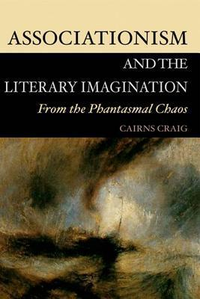Style and the Nineteenth-Century British Critic: Sincere Mannerisms

Summary
In analyzing the nonfiction works of writers such as John Wilson, J. S. Mill, De Quincy, Ruskin, Arnold, Pater, and Wilde, Jason Camlot provides an important context for the nineteenth-century critics' changing ideas about style, rhetoric, and technologies of communication. In particular, Camlot shows how new print media affected the Romantic and Victorian critic's sense of self, and how the figure of the professional critic soon subsumed the authority of the polyglot intellectual. In analyzing the nonfiction works of writers such as John Wilson, J. S. Mill, De Quincy, Ruskin, Arnold, Pater, and Wilde, Jason Camlot provides an important context for the nineteenth-century critics' changing ideas about style, rhetoric, and technologies of communication. In particular, Camlot contributes to our understanding of how new print media affected the Romantic and Victorian critic's sense of self, as he elaborates the ways nineteenth-century critics used their own essays on rhetoric and stylistics to speculate about the changing conditions for the production and reception of ideas and the formulation of authorial character. Camlot argues that the early 1830s mark the moment when a previously coherent tradition of pragmatic rhetoric was fragmented and redistributed into the diverse, localized sites of an emerging periodicals market. Publishing venues for writers multiplied at midcentury, establishing a new stylistic norm for criticism-one that affirmed style as the manifestation of English discipline and objectivity. The figure of the professional critic soon subsumed the authority of the polyglot intellectual, and the later decades of the nineteenth century brought about a debate onaesthetics and criticism that set ideals of Saxon-rooted 'virile' style against more culturally inclusive theories of expression.
Similar Books
-
 Marxism and literary criticism
Marxism and literary criticismby Terry Eagleton
-
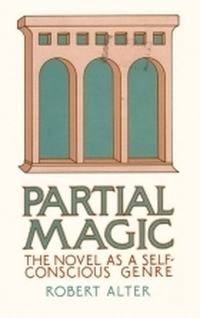 Partial Magic: The Novel as Self-Conscious Genre
Partial Magic: The Novel as Self-Conscious Genreby Robert Alter
-
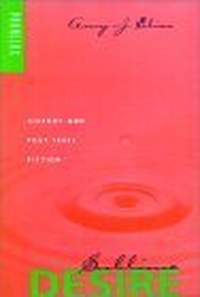 Sublime Desire: History and Post-1960s Fiction
Sublime Desire: History and Post-1960s Fictionby Amy J. Elias
-
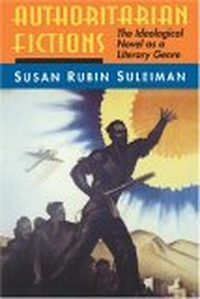 Authoritarian Fictions
Authoritarian Fictionsby Susan Rubin Suleiman
-

-
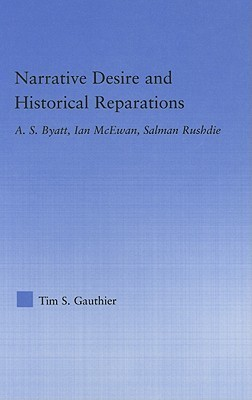
-
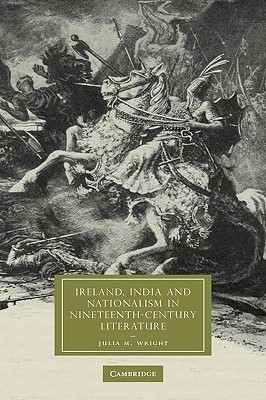 Ireland, India and Nationalism in Nineteenth-Century Literature
Ireland, India and Nationalism in Nineteenth-Century Literatureby Julia M. Wright
-
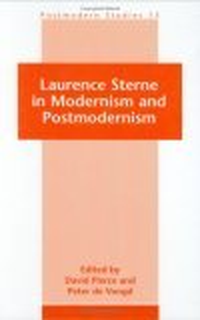 Laurence Sterne in Modernism and Postmodernism
Laurence Sterne in Modernism and Postmodernismby Peter de Voogd
-
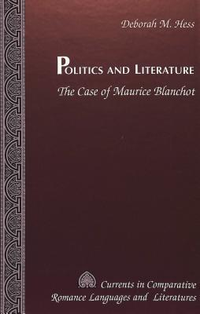 Politics and Literature: The Case of Maurice Blanchot
Politics and Literature: The Case of Maurice Blanchotby Deborah M. Hess
-
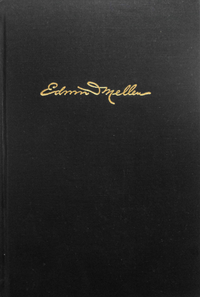 Narrative Strategies in Joyce's Ulysses
Narrative Strategies in Joyce's Ulyssesby Dermot Kelly
-
